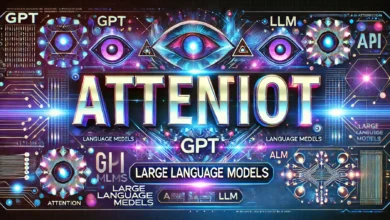Gen AI
-

Managing Multiple MCP Hosts with Single MCP Client: Challenges and Solutions
The traditional MCP architecture follows a client-server pattern where each MCP client maintains a 1:1 connection with a single MCP…
Read More » -

Securing MCP (Model Context Protocol) Based Generative AI Architectures
Generative AI systems that rely on the emerging Model Context Protocol (MCP) powerful new capabilities autonomous agents, real-time tool use,…
Read More » -

When You Must Not Use AI Agents: A Guide to Responsible Adoption
AI agents—from chatbots to autonomous drones—promise efficiency, scalability, and innovation. However, their misuse can lead to catastrophic failures, ethical breaches,…
Read More » -

Types of AI Agents: A Comprehensive Classification
Artificial Intelligence (AI) agents are autonomous entities designed to perceive their environment and take actions to achieve specific goals. These…
Read More » -

Model Context Protocol (MCP): The Universal Standard for AI Data Integration
The Model Context Protocol (MCP) represents a significant advancement in AI systems integration, providing a standardized way for large language…
Read More » -

Binary Vectors vs. Dense Vectors vs. Sparse Vectors: A Comparative Analysis
Introduction In machine learning (ML) and data science, vectors are fundamental for representing data numerically. Different vector types—binary, dense, and sparse—serve unique…
Read More » -

AI Agents: The Autonomous Architects of Tomorrow’s World
From virtual assistants like Siri and Alexa to self-driving cars and advanced healthcare diagnostics, AI agents are transforming how we…
Read More » -
Guardrailing in Generative AI Solutions
Ensuring Safe and Ethical AI Deployment IntroductionGenerative AI (Gen AI) has revolutionized industries by creating content, solving complex problems, and…
Read More » -

Dynamic Sparse Attention: Revolutionizing Efficiency in Transformer Models
Introduction In the era of large language models (LLMs) like GPT-4 and BERT, the transformer architecture has become a cornerstone…
Read More » -

How to Evaluate Large Language Models (LLMs)
IntroductionEvaluating Large Language Models (LLMs) is crucial to ensure they perform effectively, ethically, and reliably across diverse tasks. As LLMs…
Read More »